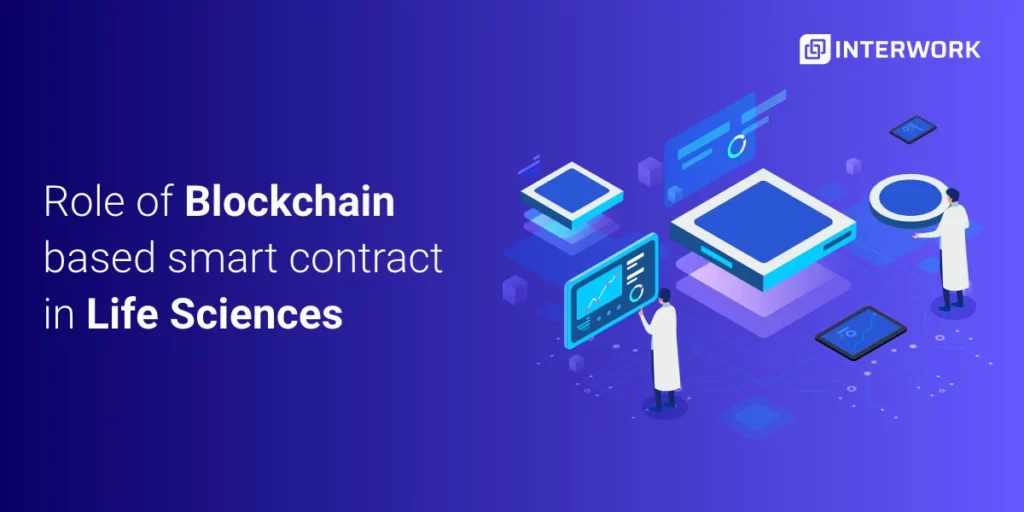How IoT and 5G Are Shaping Automotive Technology
The car manufacturing sector is altering the major trend in…

The healthcare system costs are bloating more rapidly than the average annual income. The annual healthcare cost per person in 2017 translated to $10,739 which is leading to healthcare bankruptcies. According to the latest reports by academic researchers around 66.5 percent of the bankruptcies filed in 2018 were related to medical issues. On average 530,000 American households file bankruptcy due to the increasing cost of medical care.
The current life science ecosystem is plagued with the existence of middlemen who add no value to the chain but magnify the healthcare costs.
The role of PBMs in pharmaceuticals is rapidly being considered dubious in lowering the cost of prescription drugs. Pharmacy Benefit Managers are required to negotiate the drug costs with the manufacturers and make it accessible to the patients at lower prices. Governing bodies, drug companies, and consumers have questioned the existence of this layer of middlemen which is extracting outsized profits. Drug companies have reported the PMBs to be skimming as much as $1 out of every $5 dollar spent on a prescription drug.
The transparency of cost is missing between the drug manufacturer and the consumer.
The establishment of a Blockchain-based Supply Chain promises to deflect the role PBMs are playing currently in the ecosystem. The smart contracts built at the source of manufacturing will have the details of the actual drug ensuring the end cost of the drug is only at the points that render value to the supply chain.
The blockchain framework has proven its mettle in cutting costs across multiple industries. Although the life sciences, it is still in their infancy, the model is promising enough. Let us look at how Smart Contracts will make the ecosystem transparent thus controlling the price inflation of drugs:
The drug manufacturers and the health payers can come together at some terms, conditions and drug pricing that can be digitized over the smart token to render immutability. As the smart contract will make the contract data immune to hacks it will eliminate unauthorized access or alteration of drug pricing.
Blockchain finds its use case in maintaining visibility across the entire clinical trial supply chain. The accountability challenges in clinical trials are spread across the supply chain. The issues plague aspects like drug safety and clinical management also.
With blockchain, the events can be tracked in chronological order by tracking smart contracts. The document flow can be tracked using smart contracts so that the highest degree of data authenticity can be maintained. Using smart contracts, blockchain offers improved communication between medical practitioners and patients in case of clinical trials. The data can be stored anonymously and shared also without any challenges.
The utilization of smart contracts will give the desired boost to trust in the healthcare ecosystem. As the efficiency of the process of claims and health data security will be advanced, the healthcare receivers will entrust the ecosystem again. Thus it will help establish a single source of truth for all the healthcare data that will trigger Smart Contract if a condition in the contract is met.
The introduction of smart contracts promises the stakeholders a trustworthy execution of the contracts must faster than they are executed today. Such technology support will ensure higher efficiency in operations leading to lower healthcare costs.